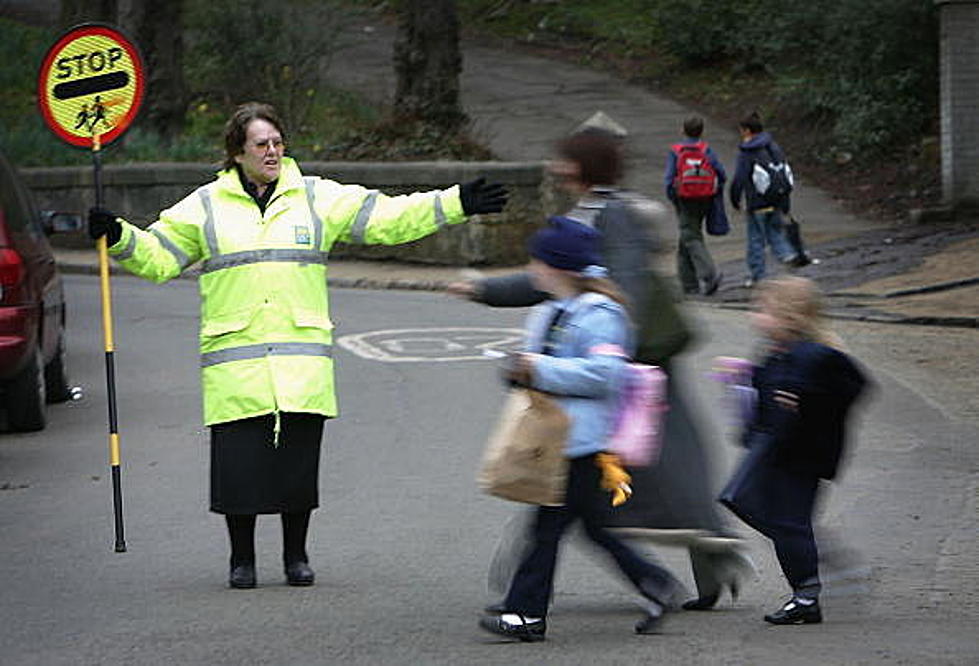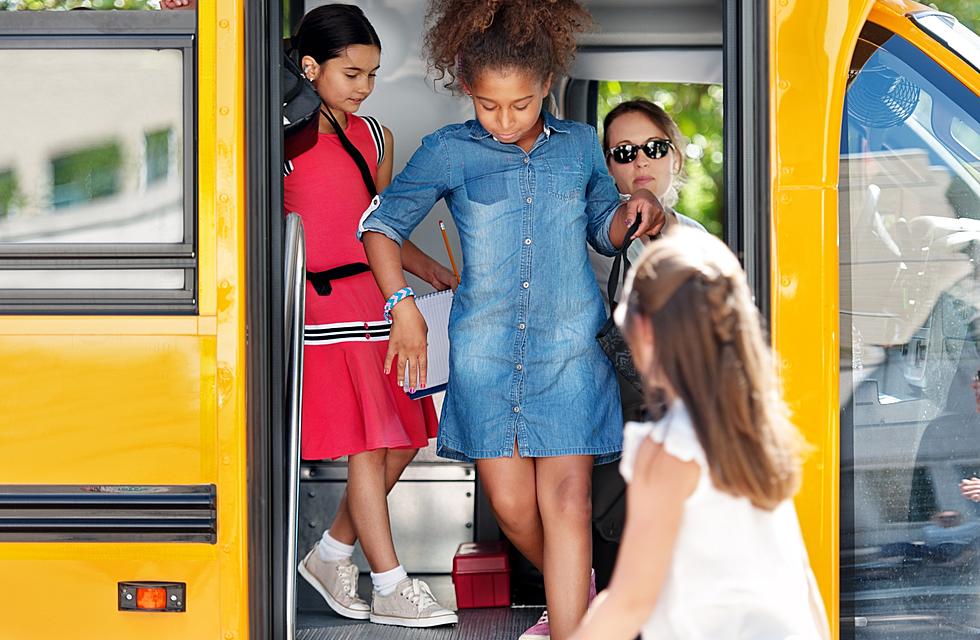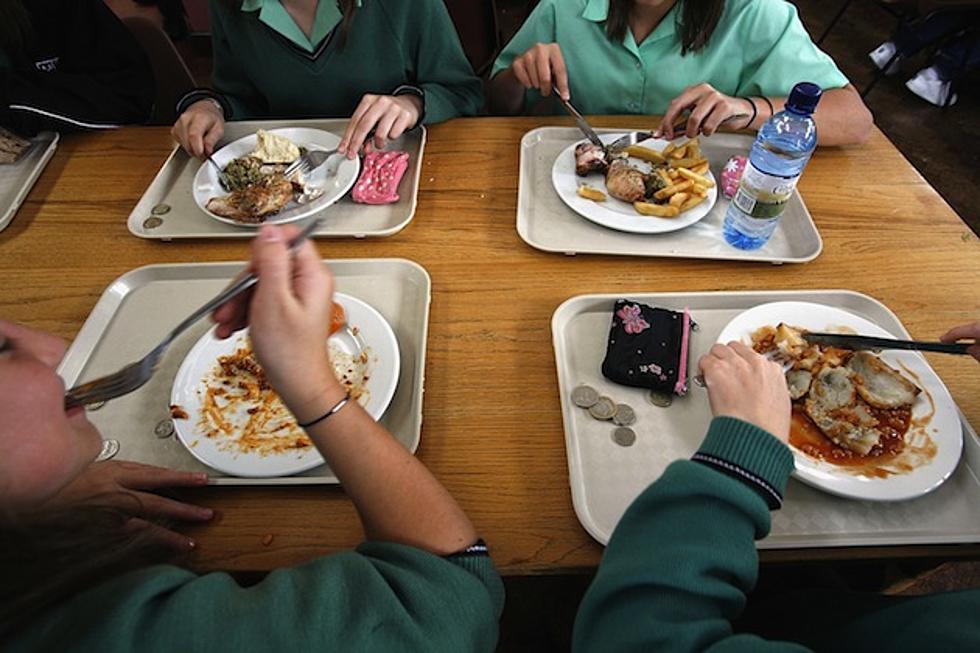
An Inside Look at New NCSD Board Members
For the past year and a half, people have been showing up semi-regularly at Natrona County School District (NCSD) meetings to voice their opinion on issues like mask mandates and critical race theory.

While many of these have been organic appearances, some of the people that come up to comment are part of the Natrona County chapter of the group Moms for Liberty.
They've come to the school board to complain about mask mandates, the teaching of critical race theory, the use of social-emotional learning (SEL), and the presence of two books in Natrona County School District (NCSD) libraries, Gender Queer and Trans Bodies and Trans Selves.
This group was started in Florida in 2021 in response to mask mandates by former school board members Tina Descovich and Tiffany Justice and has since grown to have chapters in over 200 counties across the country according to their website.
And following the general election on Nov. 8, two members of the Natrona County chapter, Mary Schmidt and Jenifer Hopkins, were elected to serve on the NCSD Board of Trustees.
Sarah Beiber, the chair of the Natrona County chapter, said that they have 174 members, which also includes dads and grandparents, and was started in October 2021.
In an interview in October with several members of Natrona's Moms for Liberty, Beiber said that they wished that the district would approach teaching in a different way because of the distractions that certain teaching methods bring.
"Does every kid deserve an education and an opportunity to have an education? Absolutely, 100%. What that looks like for each individual child is different," Beiber said. "And the things that are necessary to allow the opportunity for education to each student, you can't standardize that, and that's what the district is been doing for years...So, when they focus on academics, reading writing, arithmetic, civics, history, science, those kinds of core things. Those are the things that they don't have the social emotional learning, they don't have, sex ed, all the other stuff. They don't have the distraction of the other aspects, they don't have to raise a child, they have to teach a child...our teachers, can take that curriculum and teach kids while they still have 900 other things that are happening, including the SEL and all the stuff and being a parent and being this and being that because that's what the district wants them to do."
When it comes to the two books the group takes issue with, Schmidt said in that interview that there should be some limit on what books children are allowed to access.
"Do you think children should have access to any and all information at any point in their youth? If anybody can answer that question, if they think yes, then I guess these books are fine. If you look at children and think, no, there should be limits to what information they're at certain points in their academics, then that begs the question, are these books the ones that they should have access to...should a two-year-old be given the same information that a five-year-old is given? No, because a two-year-old can't comprehend it. So this is the scale that I would like people to walk away from. That when I'm looking at these books, I'm thinking this is too much. Too much information...and we need to reevaluate what are standards are of what information is given to children at what point."
At school board meetings, many people have come up to denounce efforts to ban the two books, however, Schmidt said her definition of banning books is much more all-encompassing than how others may define banning.
"My definition of banning is the book can no longer be produced, published, it can no longer be in any aspect of the public domain," Schmidt said. "It can't be in libraries, it can't be at bookstores. It can't be purchased on Amazon. That's what banning books means – is that it is no longer available anywhere, it's like it didn't exist...all we're saying is every librarian, every library has to pick and choose what books, cause they can't afford them all...So you need to have differing opinions. Does the Kelly Walsh library reflect the opinions of the librarian? Based off of my conversation with her and looking at that list, yes I think it does. And that's a problem."
Hopkins said that parents should be able to raise their children how they want and not defer every part to the school district.
"They do not have the right to raise the whole child. The whole child is, their sexuality, their whole child is what they eat, the whole child is what they're learning and history, all of those things...the school has no right to tell me how to parent my children," Hopkins said. "I choose as a taxpayer and as a parent to have my child educated with certain, well me, I'm a little different than other parents, but they may decide to do all the subjects, I choose not to...we have to draw a line. We are Americans, we are not a communist country. We draw a line. I don't tell Mary how to live her life and how she raises her children, she doesn't tell me. The school, the same thing. They have no right to tell us how to raise the whole child. And they are using that verbiage and that's very dangerous verbiage."
Beiber, Hopkins, Schmidt, and Renea Redding, who also ran for the school board but lost, all said that they are against the books because they believe that the two books are pornography and thus shouldn't be allowed in schools.
"You can't compare Shakespeare, To Kill a Mockingbird, Scarlet Letter, any of those books, to pornography," Schmidt said. "And that's the point. That's the line in the sand. We're not asking to ban books of literary value that have been deemed good literary books, or controversial subjects. We're asking for pornographic books in children's libraries. Not in the public library, children's school libraries, it's pretty simple. For them, I think it's a perhaps ignorant or perhaps disingenuous argument to make that comparison."
While the group tends to limit themselves to speaking during the public comment period of school board meetings, three members, Schmidt, Darcie Gudger, and Jayme Lien, spoke to the board on April 11 about the use of SEL and critical race theory in NCSD classrooms.
According to minutes from the meeting, those members talked about the Collaborative for Academic, Social, and Emotional Learning (CASEL), postmodernism, globalization, critical race theory, the Bill and Melinda Gates Foundation, social impact bonds, and the Cowboy Code of Ethics.
CASEL defines social and emotional learning as a way for young people to manage emotions, achieve personal and collective goals, feel and show empathy for others, establish and maintain supportive relationships, and make responsible and caring decisions.
Critical race theory is a subset of critical theory, which tries to critically examine the world as a whole in order to improve society, while critical race theory adds a racial dimension to that examination, was officially recognized in 1989, and is usually only taught at the college level.
At the end of the meeting, Superintendent Mike Jennings responded to some of the points brought up, saying that the NCSD doesn't use critical race theory, it follows content standards defined by the state, that sex education classes can be opt-ed out, that the NCSD doesn't use social impact bonds, and that teachers and staff take out some lessons on controversial topics.
Tina Descovich, one of the founders of Moms for Liberty, said that their goal is to have a Moms for Liberty chapter in every county across the country and to have some amount of representation in every school board.
Descovich said that while they have a PAC, Moms for Liberty Action, that provided around $50,000 in funding to some of the 65 candidates they had running in Florida, none of their other candidates, including the three in Natrona County, received any national funding.
In this past election, Moms for Liberty had endorsed 270 candidates, with 50% of their candidates winning, though currently 37 races still haven't been called.
Descovich said that Moms for Liberty hopes to fix the poor reading levels that many states are experiencing by not focusing on certain topics.
"They'll actually be focusing on teaching children to read. So two-thirds of American fourth graders before COVID were not reading on grade level," Descovich said. "So we have a real crisis when it comes to literacy and education in America right now and since COVID we've watched record lows across the board for math and reading across the United States. So there's a lot of ground to make up. We don't have time to be teaching racial division, we don't have time to be going into comprehensive sex education. We need to be laser-focused on teaching children to read so that they can have a successful future."
30 Ways To Say You're From Wyoming Without Saying You're From Wyoming
15 Questions You Should Never Ask Someone From Wyoming
More From K2 Radio









